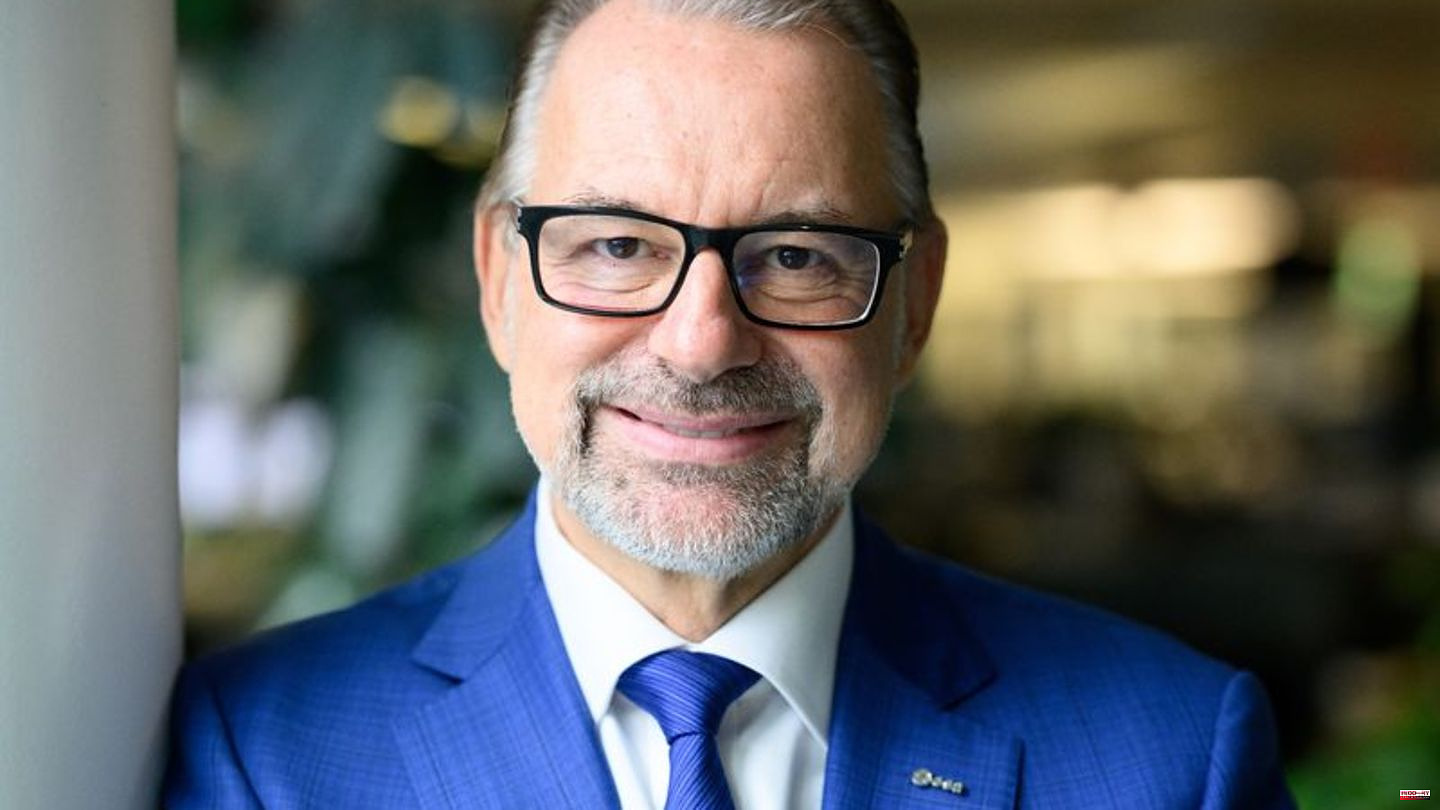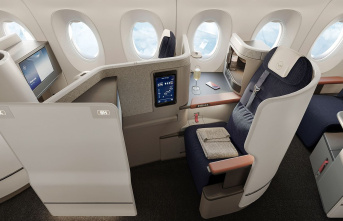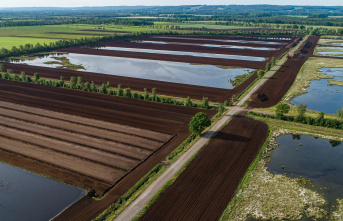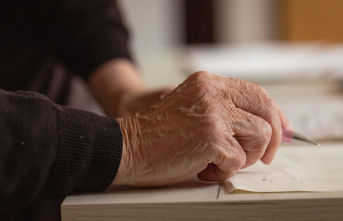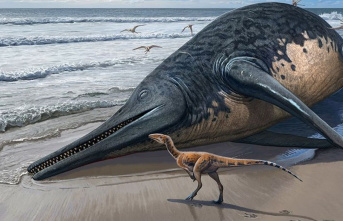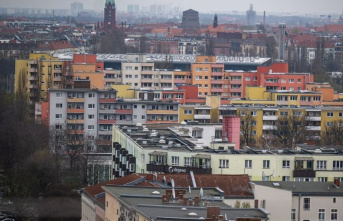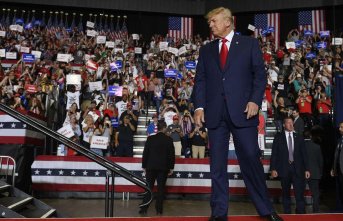The Director General of the European Space Agency (ESA), Josef Aschbacher, has big goals - and wants a lot of money for them. In an interview with the German Press Agency, he spoke about Europeans on the moon, ticket prices for the flight there - and the young astronauts.
Question: The European Ariane 6 rocket has still not lifted off, the German-Russian Mars mission Exomars has been stopped and the European service module ESM of the moon mission Artemis is not yet on its way to the moon. Are you posting 2022 as a year of setbacks?
Answer: Not at all. On the contrary. We have had a lot of success. I cite the first flight of the Vega-C rocket as an example. We also organized a space summit for the first time, where the EU and ESA made decisions together. The Council of Ministers in November, where ESA member states set the budget and roadmap for the next three years, will be the crowning glory of the year. The announcement of the new astronaut class in the same month will also be a highlight.
Question: How will this force be composed?
Answer: It is not possible to say at the moment. We are in the final stages of selection. We had almost 22,000 applications. We reduced that to 50 in several stages. We will choose again from there. I will interview the most promising candidates myself in October and personally select the new astronauts. How many there are and whether Germans are among them cannot yet be said.
Question: The future of the ISS is uncertain. Will these astronauts ever go to space?
Answer: Yes, of course. We choose astronauts to fly. The question is when. There are two possible destinations. Firstly, the ISS, which we would like to continue operating together with NASA until 2030. On the other hand, the Nasa moon program "Artemis" gives us the opportunity to bring astronauts to the planned station in the lunar orbit, the "Lunar Gateway". Three flights for Esa astronauts have currently been agreed with NASA. We may also be able to bring an astronaut to the moon itself.
Question: Why hasn't there been a firm commitment for this yet?
Answer: Believe me, I bring the topic up every time I meet with NASA CEO Bill Nelson. I want to see a European astronaut on the moon before the end of this decade.
Question: Is this a question of money?
Answer: Such flights by astronauts at NASA are not paid directly. Indirectly, however, we do, in that we participate in cooperations and invest accordingly. For example, if we make important contributions to the "Artemis" program, I can put that on the table during negotiations. That is why it is also important that the ESA Council of Ministers approves a high budget and many proposed projects in November. That strengthens my position.
Question: The last manned moon landing is now 50 years ago. What added value do you expect from the new approach?
Answer: We have a certain idea of the economic advantages that this can bring us. However, we cannot yet know the full potential of the new economic area. But I'm personally convinced that it's worth it. The moon will evolve into a new economy that will flourish over the next decade. We are just beginning to use the moon sustainably for our projects this time. When Columbus came to America, he didn't know at first what it all meant.
ABOUT PERSON: Josef Aschbacher (60) has been Director General of Esa since spring 2021. Previously, the Austrian geophysicist was, among other things, ESA director for earth observation programs.

